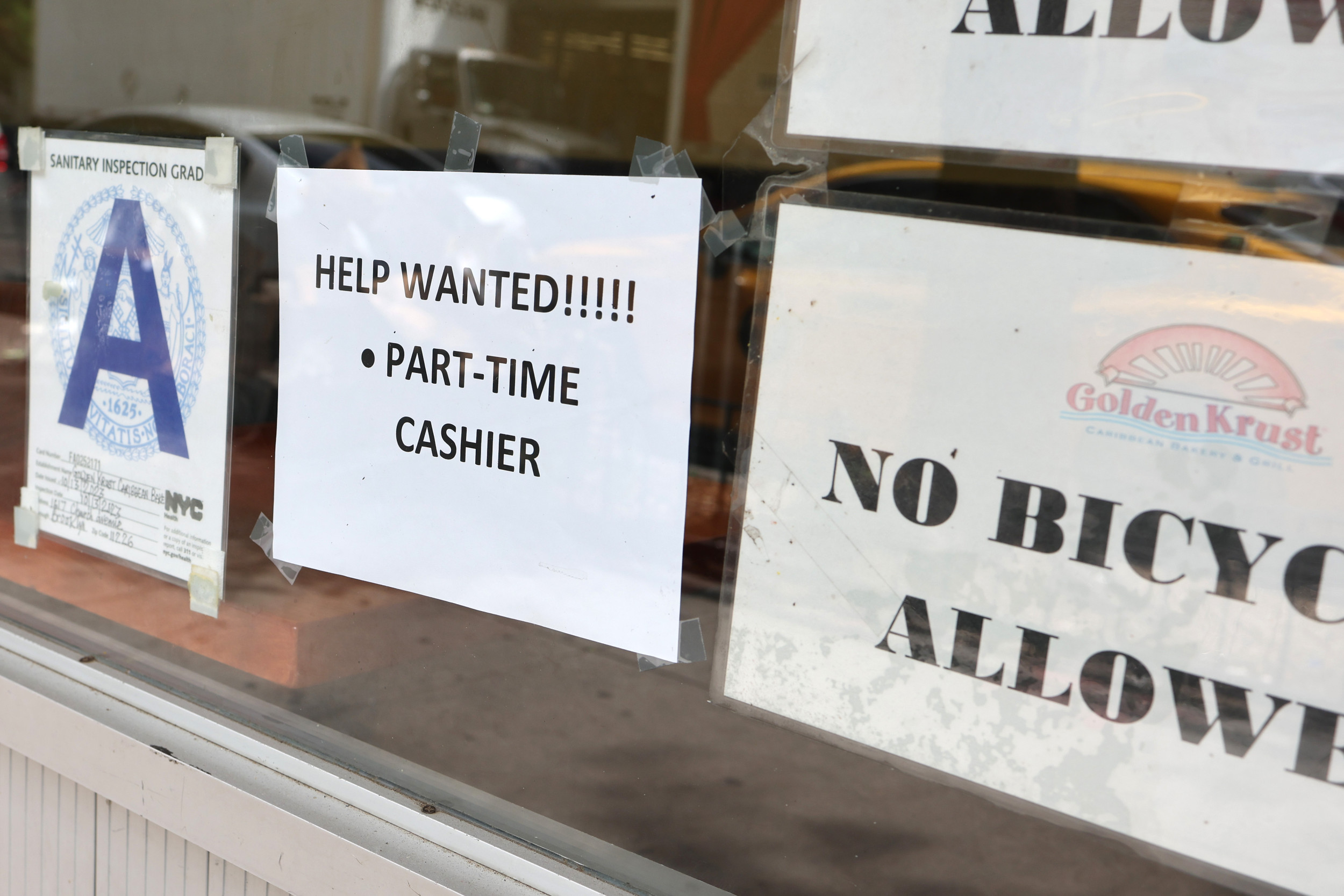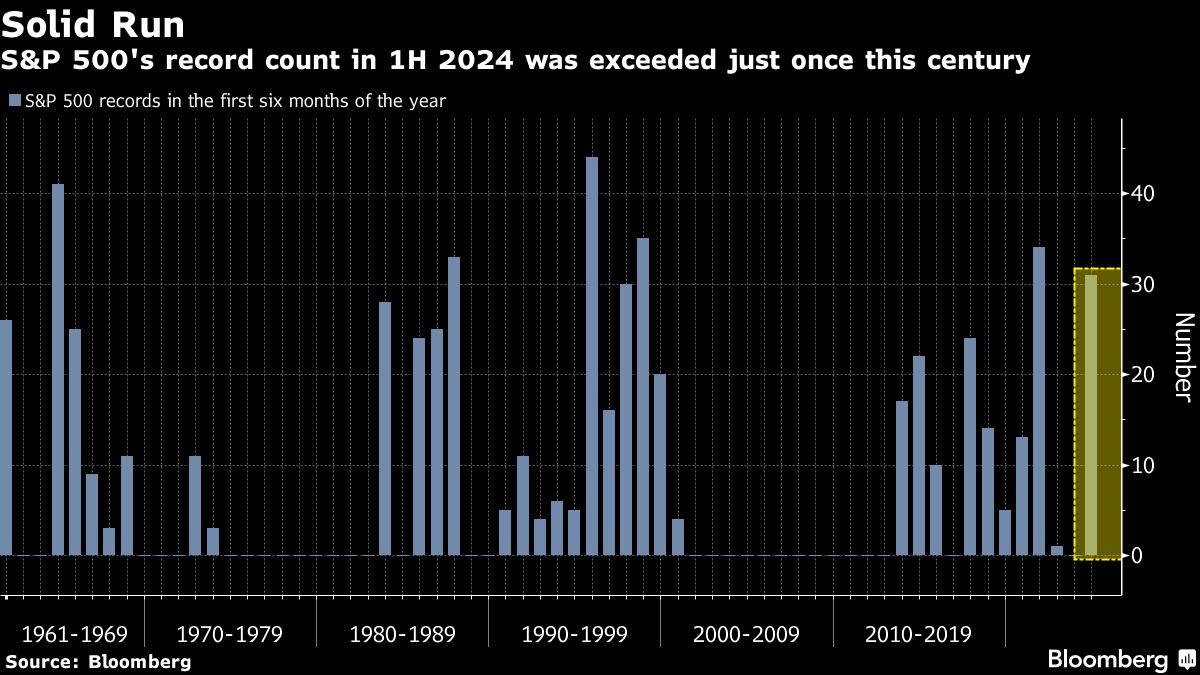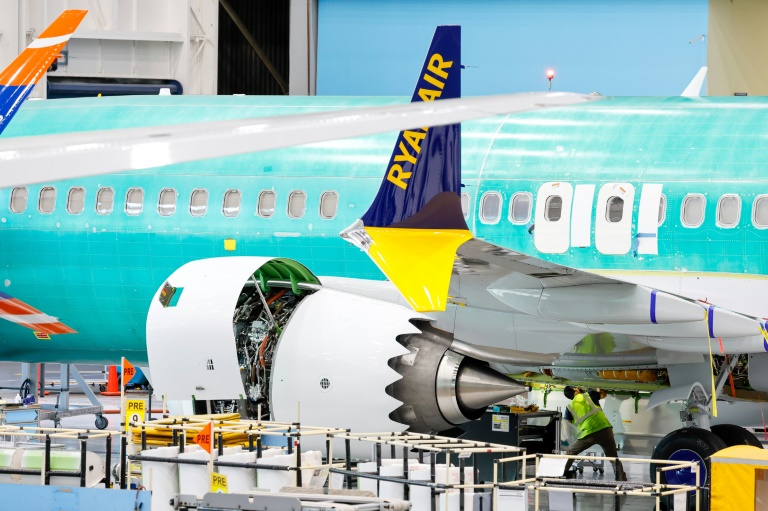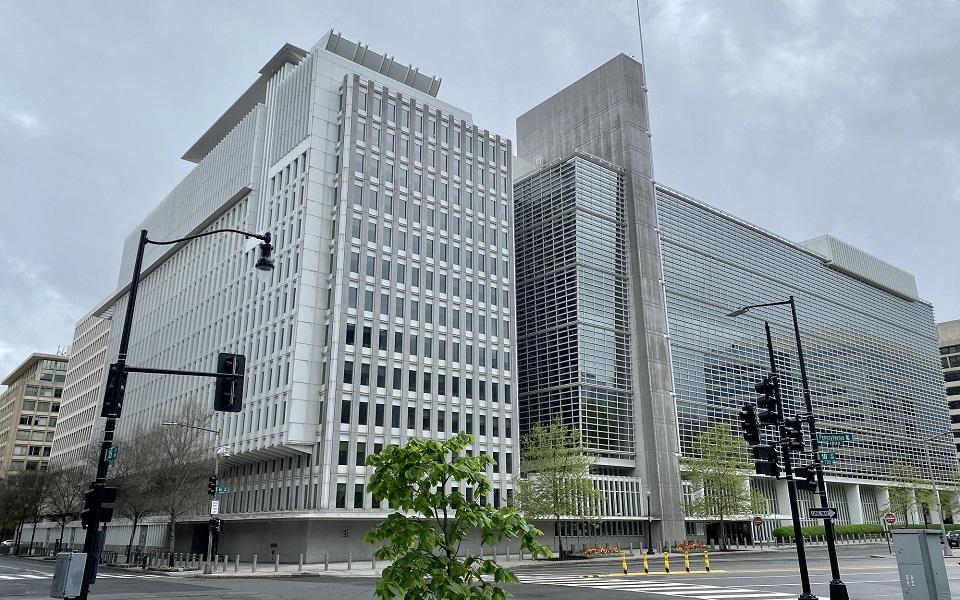
THE 'GREAT RESIGNATION' COULD MAKE A REAPPEARANCE THIS YEAR
Another 'Great Resignation' could be on the way as workers plan to leave their jobs over the next year, a new global workforce report revealed, and an HR consultant told Newsweek why employees are thinking of leaving.
Read more: Compare Top HR Management Software
The study from PwC, which looked at responses from more than 56,000 workers in 50 countries, found that more employees said they're likely to change employers in the next 12 months than even during the 'Great Resignation' of 2022.
Part of the desire to move elsewhere could be due to changes workers are experiencing in the workplace. In the survey, around two-thirds of employees said they experienced more change at work in the last year than in the 12 months prior.
Andy Nisevic, the director of One Degree Training and Coaching, said waves of resignations usually occur when employers are losing touch with what's important to their employees.
"They rely on what motivation tactics that worked for them, rather than what motivates the current workforce," Nisevic told Newsweek. "Employers who don't want to fall victim to another wave of the great resignation need to take measures to understand what motivates the individual human beings they have working for them. When they do this, and take the appropriate action, they will find themselves with a workforce that wants to perform to the highest standards."
Still, HR consultant Bryan Driscoll doesn't necessarily expect many companies to be able to turn things around in time.
"The 'Great Resignation' wasn't an anomaly but rather a symptom of systemic issues within our employment landscape," Driscoll told Newsweek. "Many Americans are saying they're likely to change employers because they're fed up with being undervalued, underpaid, and overworked."
Generally, people don't leave good employers who pay workers well and treat them with respect, Driscoll said.
"They leave toxic work environments and low-wage positions that offer no growth or support," he said.
The frustrations felt by workers reflect the larger job market as well, as more employees realize they have options and are less willing to settle for subpar conditions, according to Driscoll.
"While it's difficult to predict exact numbers, I believe a significant portion of the workforce will follow through on their intent to change employers if their current situations don't improve," Driscoll said.
Alex Beene, a financial literacy instructor at the University of Tennessee at Martin, said inflation likely plays a large role in employees' push to leave their companies behind as well.
"While it sounds redundant to blame yet another economic development on inflation, another mass of resignations could definitely come as a result of inflated costs on both sides of the business coin," Beene told Newsweek. "Employees are facing higher expenses outside of work, and the stress of that paired with the desire to earn more is leading some to walk away."
Inflation concerns are also making jobs more difficult to handle for the average worker.
"Customers and clients are more naturally agitated when seeking out goods and services when prices go up," Beene said. "It's the perfect storm for some to say, 'I'm done with this.'"
If a second wave of the 'Great Resignation' does occur, companies could suffer due to the churn of talent with lowered productivity and increasing hiring costs.
"Employers must understand that investing in their workforce isn't just a moral imperative but a business necessity," Driscoll said. "The message is clear. Treat your employees well, and they'll stay. Ignore their needs, and they'll find someone who won't."
2024-06-27T18:57:19Z dg43tfdfdgfd











